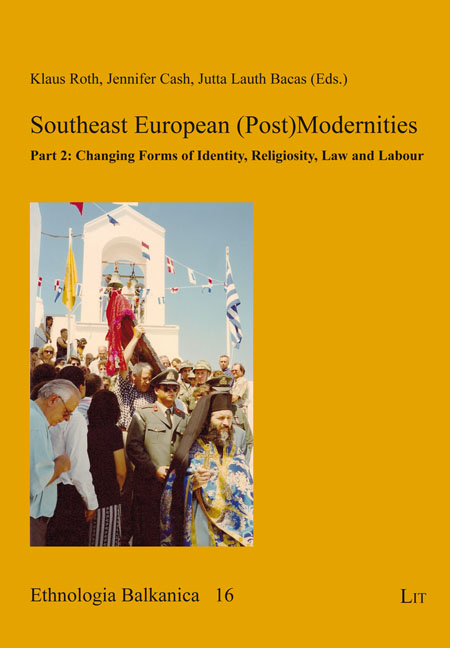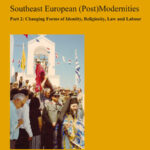Beschreibung
More than twenty years of rapid change under the combined impact of transformation, globalization, and EU integration have deeply affected the structures of everyday life in Southeast Europe and have produced a variety of (post-)modern life styles. The contributions focus on the changing practices and patterns of everyday life. The concepts of multiple modernities and post-modernity appear to be particularly appropriate for a region in which everyday life is marked by often sharp contrasts: the coexistence of modern and traditional labour relations and legal concepts, the return to traditional religions and the adherence to new religious forms, the enthusiasm for modern communication technologies and the reliance on national identification. Understanding these paths to (post-)modernity is relevant for those generally interested in processes of socio-cultural change, but particularly for those interested in the Balkans


